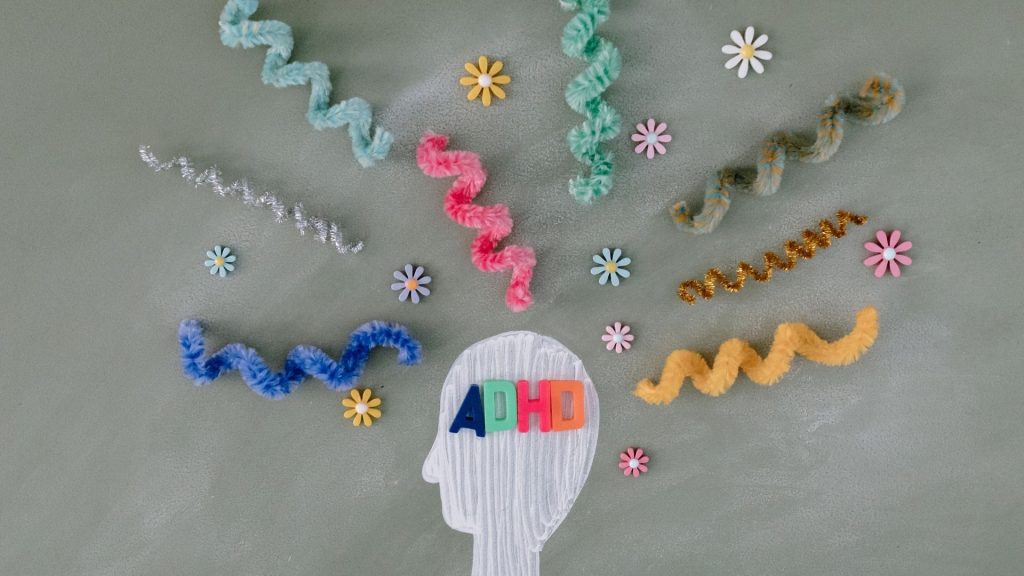Are Children Being Misdiagnosed With ADHD?
More reports show that children are being diagnosed with ADHD at increasing rates, and many feel they are being misdiagnosed.

ADHD is commonly known to parents, teachers, and schoolchildren. Common treatments like pharmaceuticals have been prescribed for a generation now. As children enter the public education system at younger and younger ages the misdiagnosis of ADHD and side-effects of treatment have become so familiar to medical professionals that it is being studied and producing alarming results.
The growing number of working parents has led children to be placed into preschool programs at earlier stages. While those who value education originally believed this would help students in the future, a lack of proper maturity has led to quite the opposite result. Young children explore their environment through hands-on learning. They utilize trial and error to shape their understanding of the world first through their home and their parent’s guidance and expand from there as they grow. But when placed into academic programs too soon they are more likely to be misdiagnosed with ADHD, medicated, and face life-long struggles.
Back in 2018, Harvard released a study which confirmed that younger children in each class were more likely to be diagnosed with ADHD. Lead research Timothy Layton chalked this up to maturity levels and expressed concern regarding the overdiagnosis and overtreatment of behavior issues in young students. Before this, research in Germany produced the alarming conclusion that children who are put into preschool earlier were more likely to have emotional issues and be convicted of a crime later in life. Similar findings were also discovered in a 20-year study in Canada.
What’s more, many teachers mistake the symptoms of trauma for ADHD because they are similar. Children who have experienced emotional or physical trauma are subject to loud outbursts, often have difficulty focusing on one thing at a time, and experience emotional sensitivity. These are all symptoms used to diagnose ADHD.
Then there are the dietary and technological considerations to be factored in. Over the years school lunches have become less nutritious, students are expected to sit for longer periods, and screen time has been extended. American high sugar diets were made for activity. Children who are expected to sit and focus on a computer all day while eating high-carb foods like pizza and sandwiches are more likely to have trouble sitting still. Many teachers are instructed to seek out symptoms of ADHD, but few are taught how to properly diagnose the issue and schools often pressure parents to medicate children in order to better handle them.
The most common drugs used to treat ADHD have serious long-lasting side effects. The human body grows a tolerance to them over time and so the dosage needs to be increased as tolerance levels go up. This unfortunately increases the risk of addiction along with more severe reactions. Ritalin, for example, has been known to increase blood pressure, anxiety levels, heart rate, circulation problems, and stomach issues. Prolonged Adderall usage causes depression, aggression, suicidal thoughts, hallucinations, paranoia, anxiety, panic attacks, heart disease, and more. These drugs are not long-term solutions, nor do they solve the root causes.

In fact, while the causes of ADHD are still open for debate, boys are more likely to be diagnosed with ADHD at about three to seven times a higher rate than girls. This may be due to the fact that modern standardized learning caters to females. The majority of public school teachers are women, and so there is a great focus placed on feminine verbal learning styles. Boys generally prefer experimentation and action in order to understand subjects. They are not as verbal as girls because testosterone affects how language develops in the brain, and so they often have trouble sitting still when being lectured in class.
Pediatrician Adrian Gaty recently examined the overdiagnosis of ADHD, stating, “Children don’t change over the centuries, only our approach to them.” He reflected on how the education system expects more and more from students at younger ages, and how that brands those who are not mature enough to keep up, as mentally ill as soon as possible. He notes that ADHD is real, but that teaching methods are also an issue and so it could be a social construct.
Based on many findings, ADHD is very likely being misdiagnosed in the classroom. Teachers who are dealing with multiple children at a time are quick to seek out immediate action, but how parents proceed is what truly determines a child’s future. Knowing that behavioral issues are often linked to environmental factors and even biological sex differences, everything needs to be taken into account before medical intervention is implemented.







